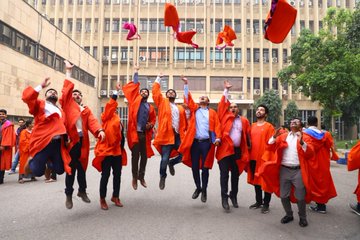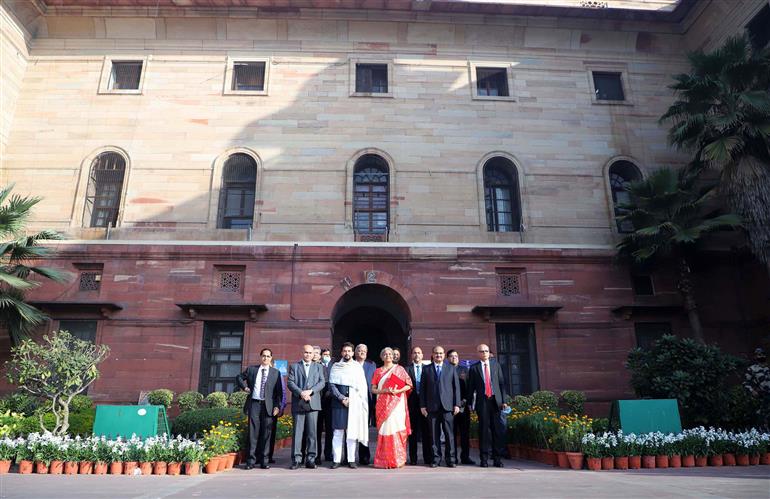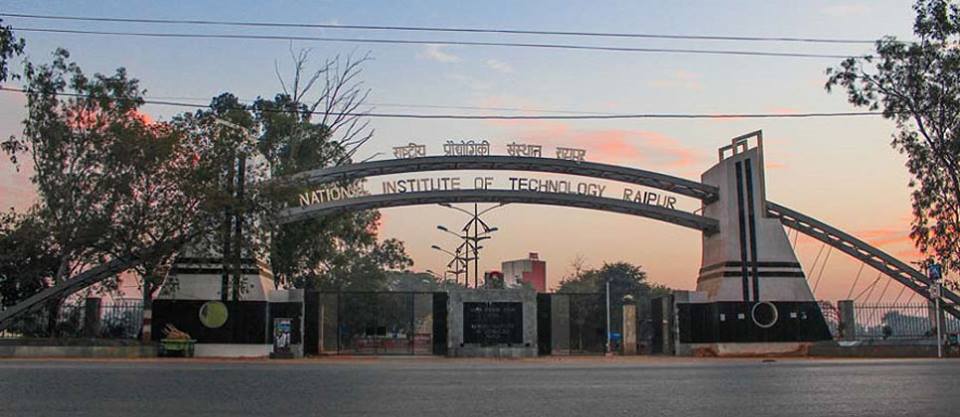By Damayanti Bhattacharya, CEO, Maker Bhavan Foundation:
The skilling challenges for India are well known and need no further elaboration. Government initiatives on skilling have so far focused almost exclusively on vocational training, which can potentially pull millions of young Indians and their families out of poverty.
Globalization and technological innovation have ensured that the global workplace is changing at a mind-boggling speed. The skilling and learning landscape now is such that knowledge is no longer stacked up in silos and any new skill sets you learn will last only a decade or so. For India to stay at the leading edge of this change, we need to create a highly skilled workforce that can fuel the Indian industry and take its place in the 21st-century translational workforce. It is only with this dual-pronged approach that India can convert its demographic potential into a dividend and fuel the growth of the nation in the 21st century.
A hitherto untapped opportunity missed in the skilling initiatives is the 1.5 million engineers who graduate from college in India every year. It is a sad commentary on our higher education system that the vast majority of them are considered unemployable by the industry. Industries have extensive induction training programs to redress the shortcomings of the engineering education system. While India is well known for its services, there are few products used in India or abroad that are designed and built by Indian engineers in India. Make in India can only remain a pipe dream without the makers who can fuel innovation.
A major cause of these problems is the lack of practical exposure and hands-on experience for students in most engineering colleges. Psychologists have identified several modes of learning important in the development of a learner. One such mode of learning, deemed quite effective, is learning by experiencing. It is believed that the knowledge thus acquired is deep and lasts a lifetime. This learning mode is also sometimes referred to as learning by doing (LBD) or project-based learning (PBL). Educators have increasingly recognized that in today’s knowledge-rich world, adults learn better in this mode.
However, these learning modes remain alien to the Indian education system. This is in direct contrast to the hands-on experimental opportunities available to college students and even high-school students in the West, particularly in the US. With the mass production of desktop manufacturing machines such as 3D printers and easy access to online learning, students in the US have tremendous opportunities to experiment with learning by doing, and project-based learning heightens their ability to innovate. Faculty in most international engineering colleges have adapted and incorporated working with these machines and giving students the freedom to experiment into their teaching. They act as guides and mentors rather than lecturers.
The work done by Maker Bhavan Foundation is a modest effort at redressing this handicap. Since 2014, the Foundation has been working together with three IITs to set up world-class makerspaces called Tinkerers’ Labs to promote ‘learning by doing’. The long-term vision was always to take this concept to other engineering colleges, including non-IIT institutes. Today, Tinkerers’ Labs have been established in nine colleges: IIT Bombay; IIT Gandhinagar; IIT Hyderabad; IIT Jammu; Pravara Rural Engineering College, Nashik; Nirma University, Ahmedabad; and BITS Pilani, Pilani campus. Subject-specific Tinkerers’ Labs with a focus on chemical engineering are at the Institute of Chemical Technology, Mumbai, and IIT Bombay, and there are two more in the pipeline at IIT Indore and BITS Pilani, Goa campus.
Tinkerers’ Lab is a meeting place for students from various disciplines to come together to explore how things work as well as work on self-directed projects that turn concepts into real-world objects. The lab is open 24/7 and managed by student managers under the guidance of a couple of faculty members and trained lab staff.
Tinkerers’ Labs, or TLs as they are fondly called, enable students to take engineering beyond the classroom by giving students an environment to experiment in and exercise their imagination as they toy with ideas and tinker with tools. The labs are set up in a way that encourages collaborative group projects and makes learning fun. Most importantly, there is no barrier to entry (anyone can come in and use the resources), and no premium is placed on grades and performance. On the contrary, failure and what you learn from it are actively encouraged.
More than 15,000 unique student users have used TL facilities over the past 5 years with hundreds of projects completed in the labs. TLs have also encouraged innovation and rapid prototyping skills with as many as six student start-ups emerging from IIT Bombay alone. Start-up Innovision’s product Braille Me (the first prototype was built at a TL) is currently the cheapest multi-language digital braille display in the world.
A second initiative targeted at regional engineering colleges is spearheaded by Prof Timothy Gonsalves, former Founding Director (2010–20), IIT Mandi, and several veterans from the industry and academia. LEAP (Learning Engineering by Activity with Products) offers a bouquet of courses focused on industry-oriented project-based learning for 1st–4th-year BTech students studying in LEAP colleges. All LEAP activities involve building products and learning by doing. During the program, students gain skills in innovating useful products and technologies by developing working prototypes and solving real-world problems. LEAP kicked off in October 2021, and we have programs across nine colleges in Tamil Nadu and Kerala, where 390 students have built 76 projects in domains such as healthcare, smart mobility, and infrastructure.
Another important aspect of LEAP is the Faculty Development Program where college faculty acquire industry-relevant practical skills and imbibe the LEAP project-based learning methodology. This results in a sustained improvement in the quality of education. LEAP also collaborates with the industry for internships, placements, and LEAP program support. As the program gathers momentum, our plan is to work with 12+ colleges, across three states, with 170+ faculty and 900+ students. We also aim to sign up 15+ companies for 75+ internship options for LEAP students that show potential.
Overall, our goal is to reach 50 higher education institutions by 2030 and create more than a million makers for India. By expanding the community of tinkerers and makers, we enable the next generation to think critically and develop into self-confident and self-directed individuals responsive to solving ‘real-world’ problems.
This is our ground-up approach to constructively addressing India’s skill gap and reaping the benefits of our population dividend, for which there is a finite window that we have already entered. We need more supporters to champion this cause and take it up in their own colleges. Then, we will be in a position to create the leaders of India’s future – change-makers in business, commerce, science, and education who together have the potential for transforming India.








